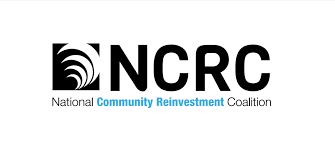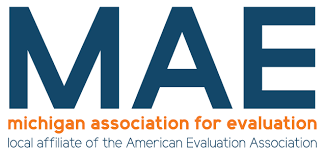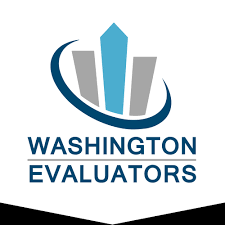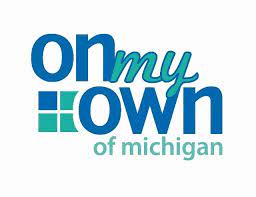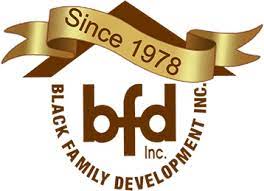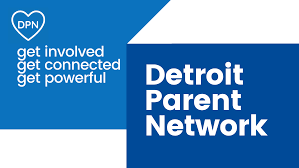Humanistic Care ® LLC, is a minority owned trademarked and limited liability firm with a home base in Michigan, USA. Our overall mission is to create fair and equal supports and opportunities for marginalized communities. Our supports include 1) compassionate and reliable home help services for low-income Medicaid recipients and 2) social impact outcomes measurement consulting using the Progressive Outcomes Scale Logic Model framework.
We look forward to supporting you!
HoursM-F: 9am - 6pm
|
Telephone1-800-571-9117
|
Address |







